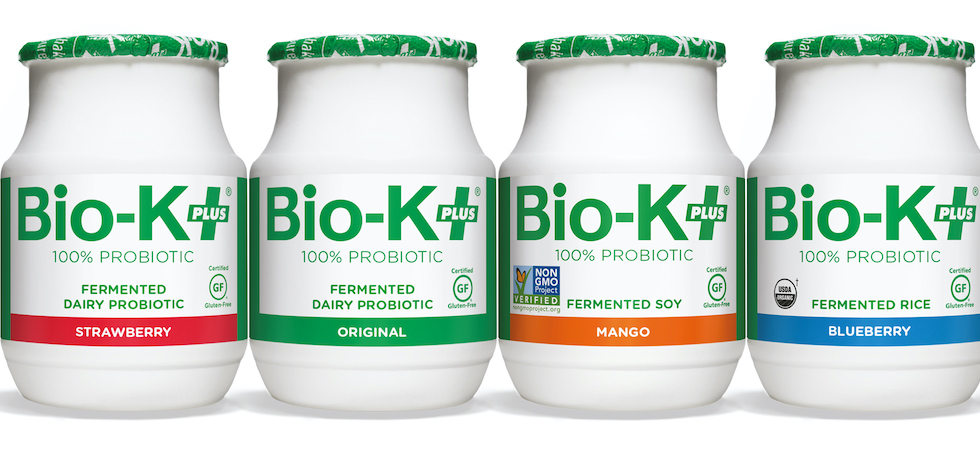Taste and nutrition company Kerry has reached an agreement to acquire the Canadian probiotic company Bio-K Plus International.
Bio-K Plus produces a range of clinically supported supplement applications in the North American market and Kerry says it will expand its capabilities and leadership position in the probiotics market.
This acquisition expands Kerry’s portfolio of probiotics and the company believes it reflects the growing number of consumers who are becoming more proactive in their approach to managing their health and are turning to functional foods and supplements.
“Research has shown that consumers are increasingly looking for nutritional benefits when purchasing food and drink and that products which contain probiotics that improve gut health are specifically in demand.”
According to Kerry, 69% of consumers globally are now more likely to pay attention to nutritional benefits when purchasing food and drink. This demand has accelerated as a result of the global pandemic, as evidenced by nearly 2 in 3 consumers becoming more conscious about their overall health and wellbeing due to Covid-19.
Kerry has been developing its position in science-backed functional ingredients for several years, with the acquisition of immune health ingredient Wellmune® in 2015, followed by the leading probiotic GanedenBC30® in 2017.
Commenting on the acquisition, Neil Cracknell, president of Kerry Applied Health & Nutrition, said: “We are committed to creating a world of sustainable nutrition and this acquisition will support our ambition to reach over two billion people with sustainable nutrition solutions by 2030.
“Research has shown that consumers are increasingly looking for nutritional benefits when purchasing food and drink and that products which contain probiotics that improve gut health are specifically in demand. Bio-K Plus further expands our portfolio of probiotics with the addition of three science-backed strains as we continue to help enhance the health & wellness of consumers across the globe by having a strong complement of published clinical trials confirming efficacy.”









